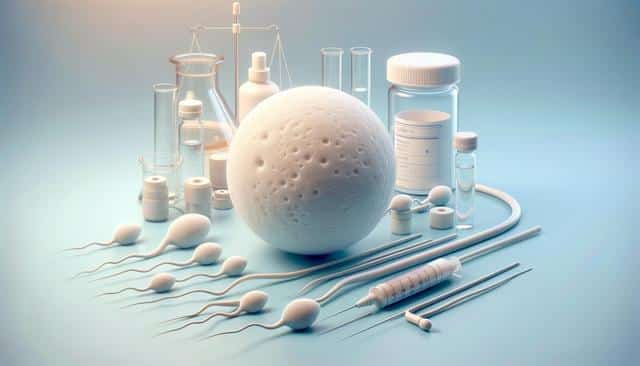Understanding the Process
Sperm donation is a process that involves a detailed series of steps to ensure the highest standards of health and confidentiality. The first step is the rigorous screening of potential donors. This screening involves a medical history review, genetic testing, and psychological evaluation to ensure the donor’s suitability. Only a small percentage of applicants pass this initial phase, reflecting the stringent criteria in place. Once approved, donors provide samples, which are then quarantined and tested for infectious diseases before being used in any reproductive procedures.
The Benefits for Recipients
For individuals and couples facing infertility, sperm donation offers hope and an opportunity to build a family. The recipients of donated sperm might include single women, same-sex couples, and heterosexual couples struggling with male infertility. By using donor sperm, these families can experience the joys of parenthood despite the challenges of conceiving naturally. The process is designed to be as supportive and straightforward as possible, ensuring recipients feel comfortable and informed throughout.
Donor Anonymity and Rights
Confidentiality is a cornerstone of the sperm donation process. Both donors and recipients are protected by privacy laws that ensure their identities remain secure. Donors typically remain anonymous, although some programs allow for open donation where identity can be disclosed under specific circumstances. It’s important for donors to be aware of their rights and any legal obligations, as laws vary by region. Key considerations include:
- Understanding parental rights or lack thereof
- Long-term anonymity policies
- Openness to future contact if desired by both parties
Ethical Considerations
The ethics of sperm donation is a subject of ongoing discussion, particularly around issues of anonymity, consent, and the potential number of offspring from a single donor. Ethical guidelines are in place to balance the interests of donors, recipients, and any resulting children. These guidelines often include limits on the number of families a single donor can assist, ensuring genetic diversity and reducing the risk of accidental consanguinity. Furthermore, ethical frameworks strive to ensure that all parties are fully informed and consent to the terms involved.
A Path to Parenthood
For many, sperm donation is not just a medical procedure but a path to realizing their dreams of parenthood. It provides a viable option for those unable to conceive naturally, bringing hope and joy to many families worldwide. The journey to using donor sperm involves careful consideration, guidance from healthcare professionals, and support from fertility specialists. With the right information and support, individuals can make informed decisions that lead to fulfilling family experiences.
Conclusion
Sperm donation plays a vital role in modern reproductive medicine by providing solutions for those facing infertility challenges. With a focus on health, confidentiality, and ethical practices, it offers a path for many to experience the joys of raising children. Understanding the process, benefits, and ethical considerations can help prospective donors and recipients navigate this option with confidence and clarity, ultimately enriching the lives of all involved.
